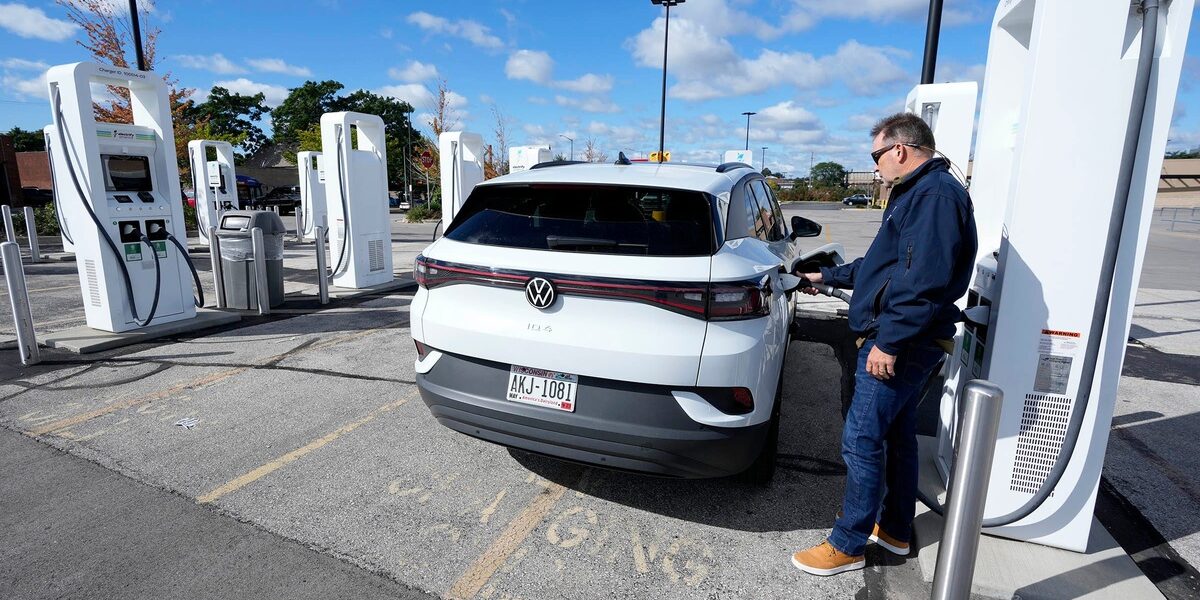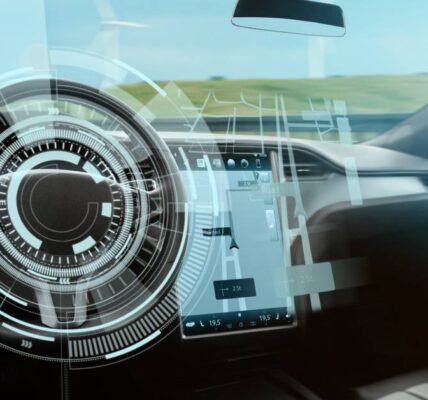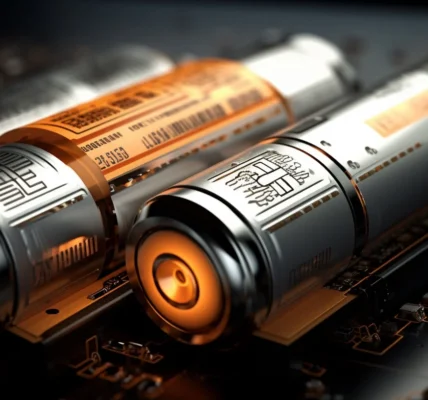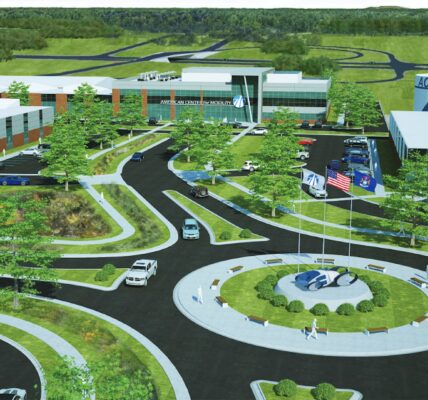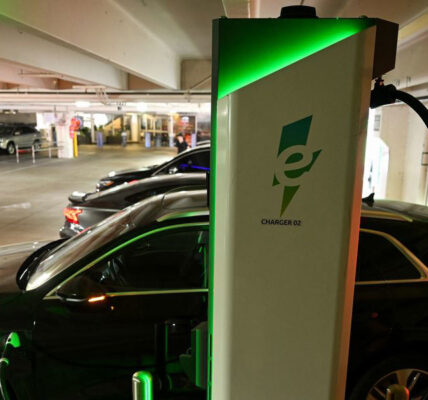Wisconsin will lose out on millions of federal dollars for electric vehicle charging infrastructure if the state does not pass legislation to allow stores or other owners of EV chargers to bill drivers for the amount of electricity they get when they plug in. Billing by the kilowatt-hour is a requirement to participate in the federal National Electric Vehicle Infrastructure (NEVI) program, which has promised Wisconsin $78.6 million and the chance to apply for a pot of $2.5 billion in competitive funding if it meets the program requirements. The goal of NEVI is to develop charging corridors along highways, with chargers available every 50 miles. Advocates are hoping for legislation that would make the change needed for federal funding, by enshrining in law that billing for electricity at an EV charger is allowed and would not make the owner a public utility. The legislature takes a break from Nov. 16 to January 16, hence advocates say time is of the essence to meet the March 2024 deadline for federal funding.
Legislation allowing billing by the kilowatt-hour was introduced in 2021 but didn’t pass. Advocates say they are expecting Republican state Sen. Howard Marklein to introduce a bill this fall. A spokesperson for Marklein’s office said they expect the bill to be circulated for co-sponsors next week.“
We have a sense of urgency we didn’t have last year,” said Francisco Sayu, director of emerging technology for RENEW Wisconsin. “That limitation on electric vehicle charging stations has slowed down the Wisconsin market. We don’t have as many EV charging providers in the state as we could.” The Wisconsin Department of Transportation has a plan for deploying charging stations in keeping with the NEVI requirements, but the law change is needed to receive the funds. Currently in Wisconsin, entities from municipal governments to convenience stores that host chargers can only collect a parking fee or bill for the amount of time a vehicle is plugged in. “We may be the only state left in jeopardy of losing federal funding for EV corridors,” said Tom Content, executive director of the Citizens Utility Board of Wisconsin (CUB).


